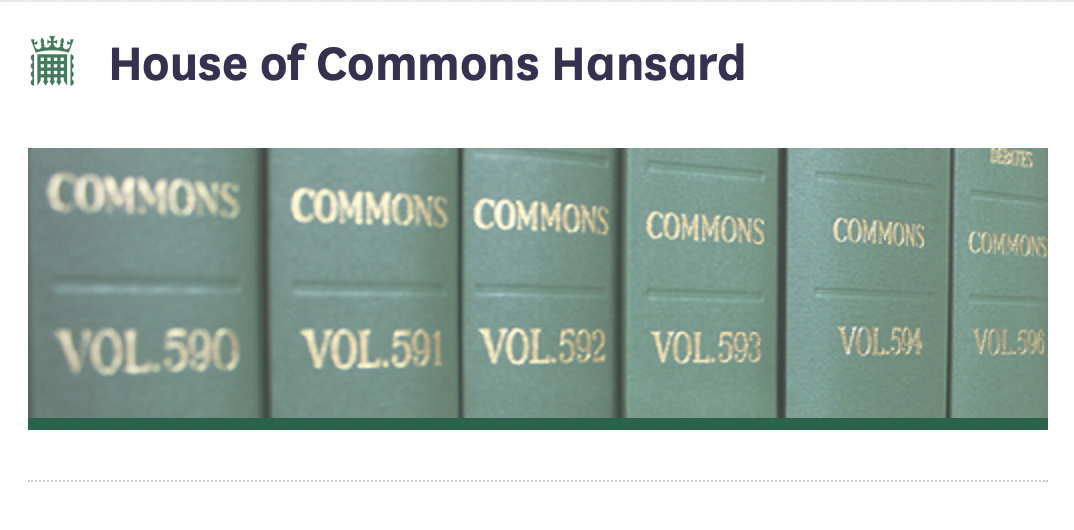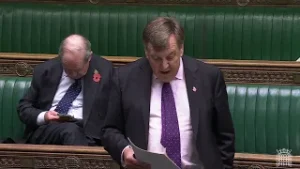I do not want to detain the Committee; I just have one question for the Minister and one area in which I seek reassurance. My question refers to the explanatory note, which says that one of the purposes of this instrument is to
“reflect changes to strengthen protection for juvenile covert human intelligence sources”.
To me, that sounds like under-age spies. Could the Minister say in what circumstances we might be using juvenile covert human intelligence sources, unless my interpretation is wrong?
Like many in my party—including the Minister, I am sure—I regard the restriction on civil liberties represented by investigatory powers or electronic surveillance as necessary when it comes to national security matters and organised crime. As we have seen in the past, however, the list of agencies with access to those powers is considerable. It is difficult to imagine why the General Pharmaceutical Council, for example, might need them. The double lock provision offers some reassurance, but I would like the Minister to assure me that agencies not obviously in the frontline of the battle against terrorism or organised crime, such as some of those listed, are likely to use these powers only on extremely limited occasions.
I am grateful to all parties here for their support, in principle, for these guidelines. As I said at the beginning, they are designed to reflect changes—for example, in the areas around oversight. The three commissioners have been folded into the judicial commissioners—the Investigatory Powers Commissioner— and that needs to be reflected. They are also designed to reflect changes in technique since RIPA was introduced. Equipment interference used often to be included under property interference, but is now a technical capability—how the law enforcement agencies and intelligence services can access information within an electronic device. To some extent and in some examples they would use equipment interference, so that is only right and proper.
On the increasing safeguards, I specifically changed the guidance to increase the onus on journalistic protections, to ensure that that is properly reflected. There are now whole sections of the guidance that relate to what a police officer or a user using these powers has to follow. I think that was important.
On the subject of juvenile CHIS, it is regrettable that there are young people, below the age of 18 and even 16, who are engaged in criminality, sometimes with gangs; we see it more in county lines, as well. On some very rare occasions, with the authority of the parent, guardian, social worker or other person, we can authorise young people to be part of a process where they can share information, or indeed be tasked. It is not some sort of Alex Rider, secret agent or 007 scenario—my children and I enjoy those books on long car journeys—but a sad reflection of how criminality is working.
We wanted to change the operational impact. At the moment, under RIPA, there is authorisation for one month at a time. We said that that was leading to a stop-start situation and we needed a four-month period—with oversight, obviously. We wanted to slightly broaden who could give the authority, because the guardian or other individual might be engaged in the abuse or the problems that the young people might be tasked with. That is simply a reflection of our trying to ensure that we provide a broader number of people who can safeguard it and extend the time so that we can have an operational impact.
I am happy to write to my right hon. Friend the Member for Maldon about the extension in who can use some of the powers—he referred to the General Pharmaceutical Council—and explain why that is necessary.
The hon. Member for Paisley and Renfrewshire North and I might have a slightly different opinion of the ruling that he mentioned. Yes, the European Court of Justice ruled that the Data Retention and Investigatory Powers Act 2014 did not provide for enough independent authorisation. That is why we conceded that in court—I will grant him that. However, the broader stuff on our regime being indiscriminate, and on required notification, was not agreed with, and the UK Government’s case was upheld by the Court. The regime was proportionate and necessary, and recognised the reality of how some of this has to be dealt with.
I can give all colleagues confidence that the judicial commissioners are formidable, independent individuals. Lord Justice Fulford and his judicial commissioners are all senior or retired judges. I promise the Committee that they will not be a pushover. I have met them a considerable number of times; as members of the judiciary, they are not shy about asking when they think something is wrong.
We should be proud of where we have ended up. I would not like to see any further erosion of the balance that we have, which is a gentle one. I think Liberty is before the court at the moment trying to prevent us even from having communications data; we would not then even be able to find out about someone’s telephone when they were arrested. That would, in my view, be unacceptable and put the public at huge risk. It is time for some people to put aside their purity and realise that this is a balance between our constituents’ rights to life and to privacy. I think we have got the balance just about right. That is why I am very grateful for all parties’ support for tonight’s measures.
The guidelines are there to be used by the people using the powers. If they follow them and the judicial oversight, we will be in a better place—one where our rights are protected, but our law enforcement and intelligence services can get on and do the job of keeping us safe.
Question put and agreed to.

